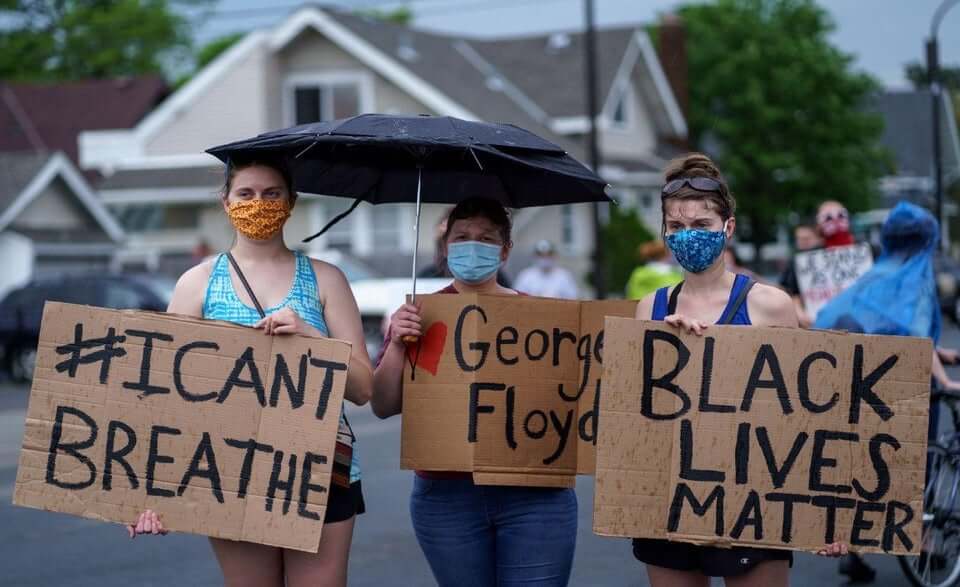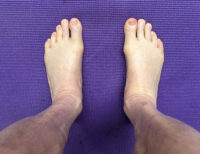
Daunte Wright of Brooklyn Center, Minnesota was a 20-year-old black man and Adam Toledo of Chicago, Illinois was a 13-year-old Latino boy. Daunte, a young man who called his mother moments before he died, and Adam, still a child, were both killed just days apart in different parts of our country by police officers. It is heartbreaking for me, as I know it is for many of you, to read the stories about their deaths. The news stories conjure pain and frustration from story after story of black and brown Americans who will never have the opportunity to realize their full potential, to be with their families again on birthdays and holidays, or have a chance to contribute to our communities.
I look at the pictures of Adam Toledo and I think that if I had a son, he may have looked like Adam. I know that, like my mother repeatedly told my brothers growing up, I would have taught him – when you encounter a police officer, be polite, say “yes, sir,” don’t make sudden movements and make sure the officer can see your hands at all times. But, no matter what we try to teach our sons and brothers to keep them safe, mothers and especially black and brown mothers, have no guarantee that when their sons leave the house each day they will be okay if they encounter the police. For those of us who grew up in heavily policed neighborhoods riddled by poverty and crime, being contacted by police is a daily occurrence that brings constant stress, fear and risk to our families.
There will be examinations of Daunte and Adam’s cases like the many lost before them – Michael Brown, Laquan McDonald, Tamir Rice, Freddie Gray, Eric Garner, George Floyd, Jeremiah Chass, Andy Lopez and David Ward, to name a few. The circumstances surrounding their deaths will be scrutinized including the peril and risk involved in police work, and arguments will be made for when deadly force is justified and when it isn’t justified. As civil lawsuits play out, people will engage in the bizarre work of ascertaining what these young lives were “worth.” None of it relieves the insufferable pain that is felt by compassionate men and women across the nation who feel tired and helpless reading about another young life gone too soon and solutions that never seem to come soon enough. We read these stories alone in our homes, but we share the similar excruciating experience where we take breaks from the news stories to cry, pray and think – what can we do to make it stop?
— Karlene Navarro, Executive Director, Independent Office of Law Enforcement Review and Outreach (IOLERO)
The next monthly IOLERO public meeting will be held virtually on May 3. More.






Be First to Comment